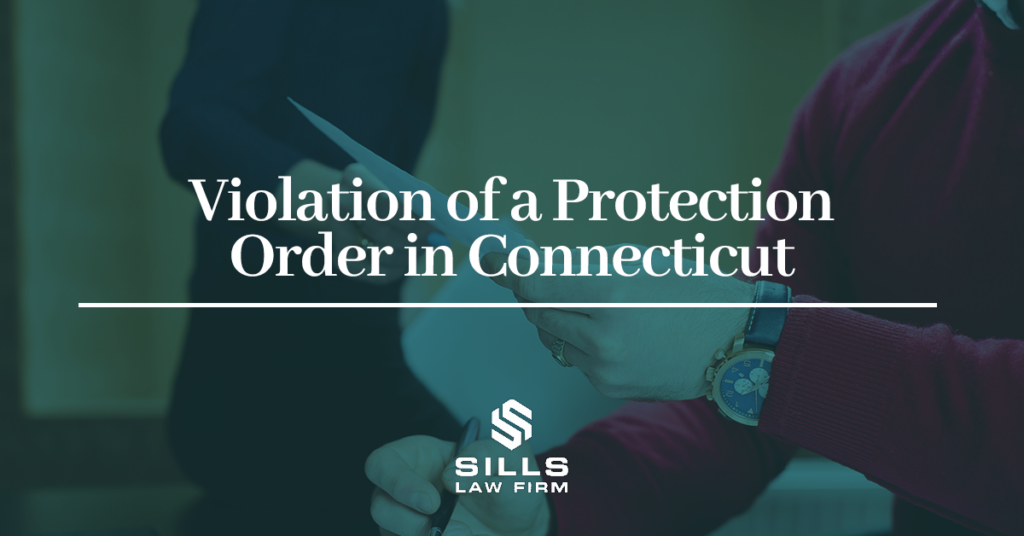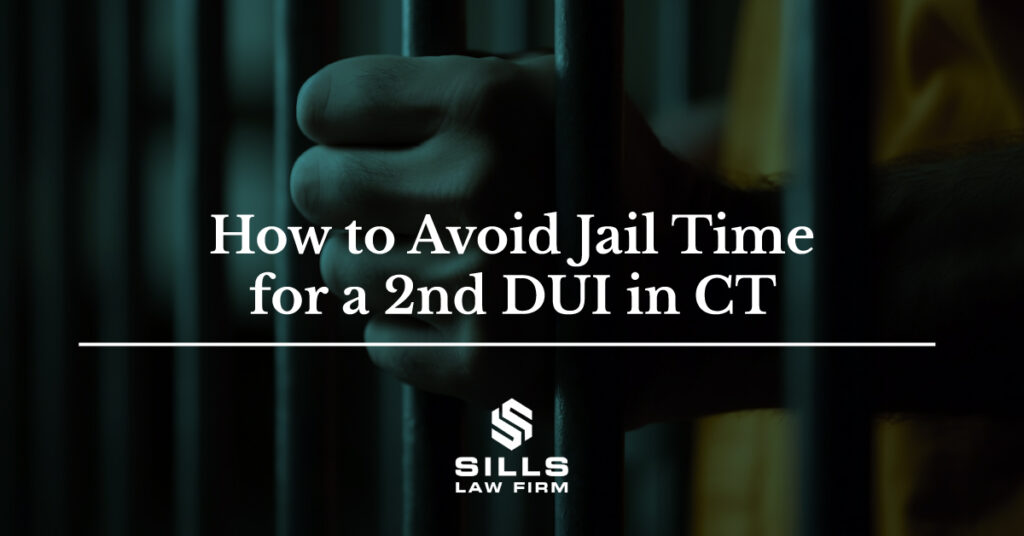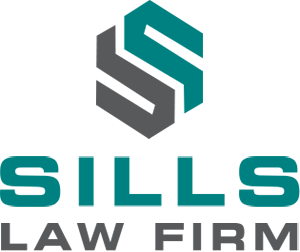Being arrested and charged with drunk driving is a scary and unpleasant experience, all the more so if you weren’t actually driving. You may wonder how it’s possible to be charged with DUI without driving; under Connecticut law, if you are in physical control of the vehicle while intoxicated, even if you are only in possession of the keys and simply sitting inside the car, you can be charged with operating a vehicle under the influence.
Picture this scenario: You went out to a bar, had more than a few drinks, and now you have to figure out a way to get home. The bar is closing, your friends are also too drunk to drive, but don’t shell out the money to pay for an Uber, so you decide the best thing to do is sleep it off in your car until you are sober enough to drive. The next thing you know, a police officer comes knocking on your window shining a flashlight in your face. What do you do? Unfortunately, you could be on the hook for an OUI charge even though you weren’t actually driving the vehicle.
What Does “Actual Physical Control” Mean?
Connecticut, like most other U.S. states, penalizes something called “actual physical control” of a vehicle while intoxicated, even if you are not driving. Simply being inside a vehicle and having possession of the car keys is enough to arrest you for an OUI, and you will face the same penalties. That’s because “driver” in Connecticut law means “any person who drives, operates, or is in physical control of a motor vehicle.”
Actual physical control can be challenged by a skilled DUI attorney in Connecticut, and the factors that determine it are as follows:
- The location of the driver: Your proximity to the vehicle, and specifically, the ignition, can determine whether you were operating or in actual physical control. That means it may be more likely to be charged with an OUI if you are awake in the driver’s seat versus asleep in the backseat.
- The location of the car: If you were parked next to a parking meter, you’re at a much higher risk of being convicted of an OUI than if you were parked in your own driveway. This can be an indication that you had been driving before an arrest was made.
- The location of the keys: If you have your car keys in reach or already in the ignition, it can show you intended to drive.
- If the engine was on or off: If the car’s engine was running when you were arrested, it can make it much more difficult to escape an OUI charge, especially if you were awake in the driver’s seat at the time of the arrest.
- Whether the driver was awake or asleep: This is a factor for a judge and/or jury to decide on, although you may still be convicted even if you were sleeping at the time you were apprehended.
- The reason you were stopped: If you were visibly impaired, had the smell of alcohol on your breath or behaved in a bizarre way, these factors will be taken into account when determining whether you should be convicted of an OUI.
Have you been arrested for a parked-car OUI in Connecticut? Contact The Sills Law Firm at (860) 524-8118 to speak to our knowledgeable DUI attorneys.
Related:






